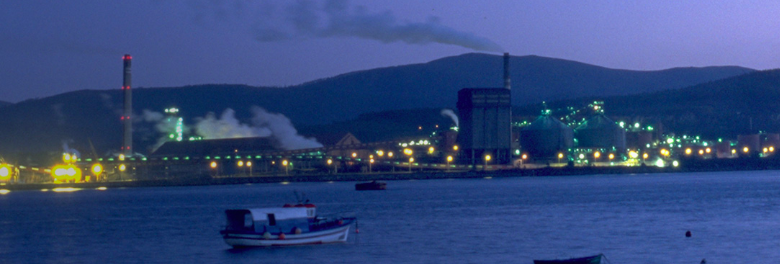Alcoa To Close Two Of Its Three Aluminium Plants In Spain
The U.S multinational company Alcoa announced on October 19th that it will shutter two of its three aluminium plants in Spain. The two smelters have a combined annual production of 180,000 metric tonnes.
While keeping the third plant in Lugo open, the company decided to initiate negotiations with workers’ representatives to close the plants in La Coruña and Avilés. The two plants employ around 700 workers who are now facing layoffs. A spokesman for the workers’ union told Reuters that the plants closure would indirectly affect up to 3,000 more jobs.
Alcoa referred to intrinsic structural problems such as inefficient technology and high fixed costs at the two smelters as the reason for its decision. The company said in a statement:
“Those problems, together with external market factors such as overproduction in China, high raw material prices and energy costs, have generated significant losses in these two plants in the last two years.”
The Spanish daily El Pais reports that the decision did not come as a surprise to the plants’ workers, who assert that Alcoa has been neglecting investments into the plants, which led to a “progressive loss of competitiveness”.
The Spanish industry ministry cited the company’s lack of investment and asked Alcoa for more information about the closures. The ministry issued a statement saying:
“The government is surprised and worried that, during contacts over the last three months, the company had never reported that it would take this decision.”
At the same time, Alcoa released its results for the third quarter of 2018 reporting a net loss of $41 million, which included planned changes to the company’s pension plan and post-employment benefits.The company also announced a stock-repurchase programme worth US$200 million to invest in strengthening share prices instead of making investments in plants.
The closure of the plants in Spain will have a negative effect on supply chains in the European Union, meaning that more aluminium will have to be imported from non-EU countries. The 2015 LUISS study highlighted the need to slash the EU’s import tariffs on primary aluminium to keep the continent’s downstream aluminium sector competitive.


























